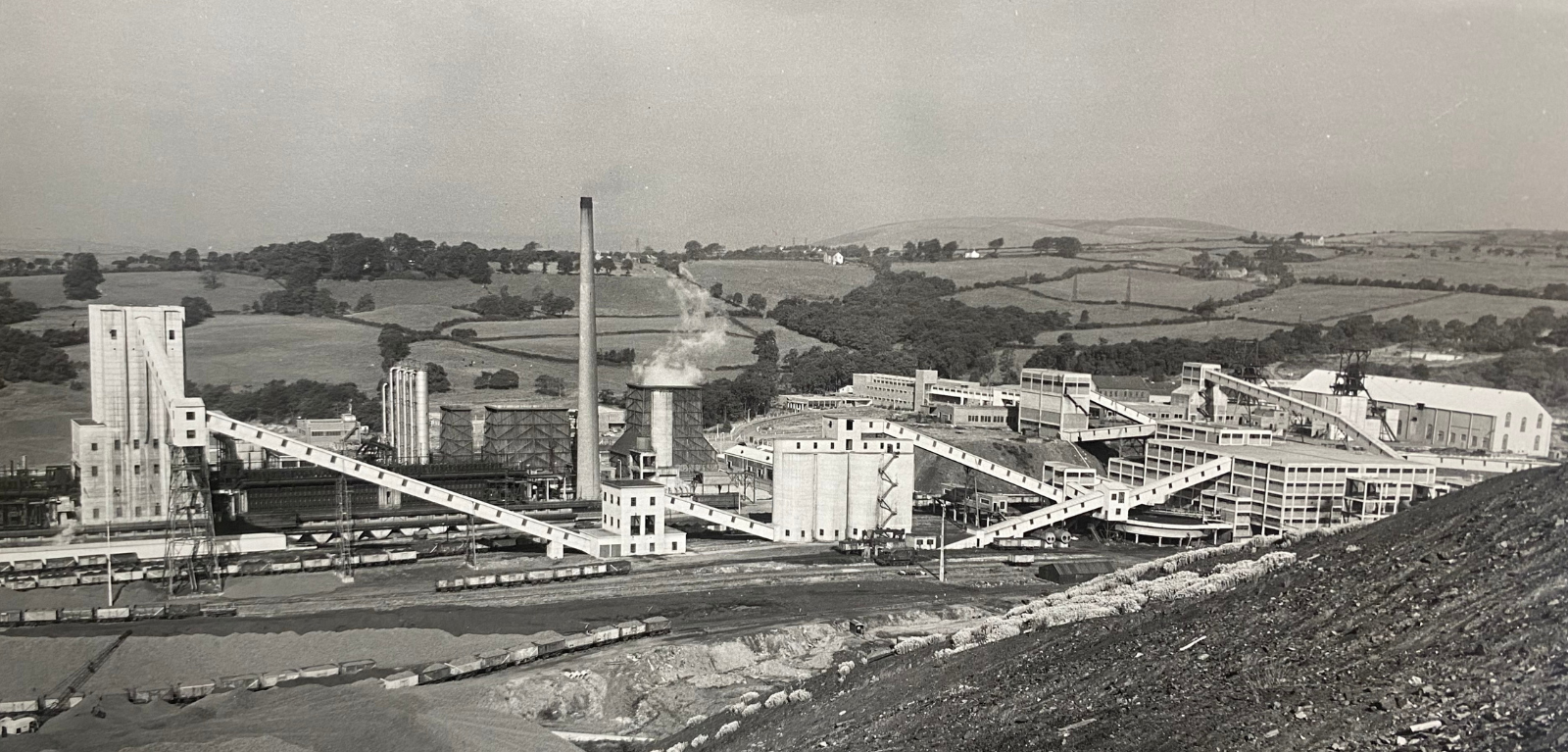Professor Gary A. Boyd Awarded Prestigious ERC Advanced Grant
€2.5 million grant to explore the connection between coal mining and architecture across Europe, examining its impact on the cultural and architectural history of the region

The School of Natural and Built Environment in the Faculty of Engineering and Physical Sciences at Queen's University Belfast is proud to announce that Professor Gary A. Boyd has been awarded a prestigious European Research Council (ERC) Advanced Grant for his groundbreaking research proposal on the relationship between coal mining and architecture in Europe.
The ERC Advanced Grant supports projects that exhibit excellence and innovation beyond the current state-of-the-art and is one of the most respected research grants in Europe. This grant will allow Professor Boyd to delve into the overlooked connections between coal mining and architecture, exploring how these interactions have played a pivotal role in shaping modern European society.
Architectures of Coal and Modern Europe
Professor Boyd's transdisciplinary project, titled Architectures of Coal and Modern Europe (ACME), uses architecture to investigate the role of coal and coal mining within the spatial and social development of modern Europe. Involving methodologies from humanities and spatial disciplines including design visualisation and investigating sites in Belgium, France, Germany, Poland and the United Kingdom, it encompasses several thematic work packages. These include settlements and housing, medicine and hygiene, education and exchange, modernising industry, and excavating the coalscape: architectural ecologies and the end of the coal mining episteme. The research aims to uncover the intricate ways in which coal mining has influenced areas such as urban planning, sanitation, industrial modernisation and the cultural and social lives of Europe.
Professor Boyd explains:
"Through this research, we aim to reshape the way architectural history is perceived, focusing on the energy and labour elements involved in construction, by revealing the connections between fossil fuel extraction and architectural development, we can better understand the complexities of building design and production."
Impacts of the ERC Advanced Grant
The ERC Advanced Grant, totalling just under €2.5 million and lasting for five years, will support the assembly of a multilingual, interdisciplinary team of researchers and provide funding for extensive fieldwork across Europe. Detailing the impact of this grant, Professor Boyd further explains;
"With this grant, we have the opportunity to investigate how architecture played a role in transmitting cultural, social, and technological transformations across Europe, the project also aims to highlight the significant contributions of working-class communities and the influence of energy and labour on architectural development."
Queen's University Belfast is thrilled to support Professor Boyd's innovative work and looks forward to the impactful contributions his research will make to the field of architectural history and beyond. Professor Boyd's project promises to inspire new ways of thinking about the built environment and its relationship with energy and labour.
For more information on Professor Gary A. Boyd's research and the ERC Advanced Grant, please contact the School of Natural and Built Environment in the Faculty of Engineering and Physical Sciences at Queen's University Belfast.

Media
Katherine Hamilton: katherine.hamilton@qub.ac.uk